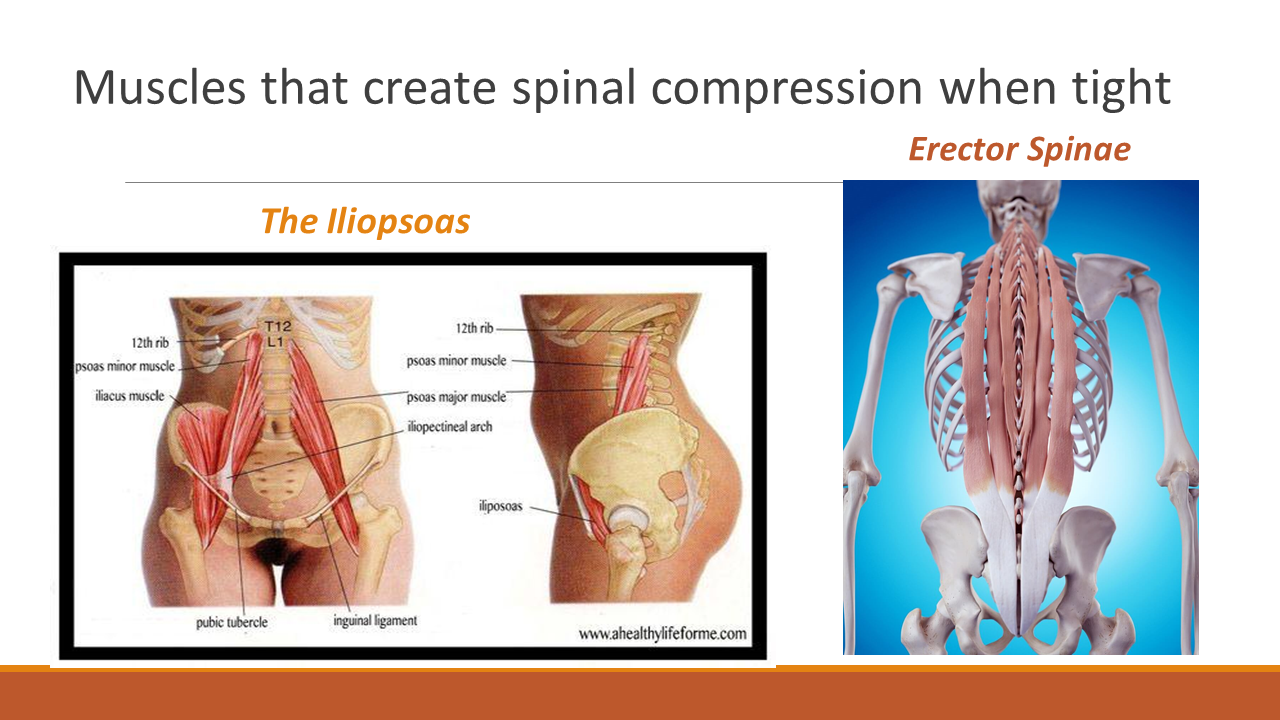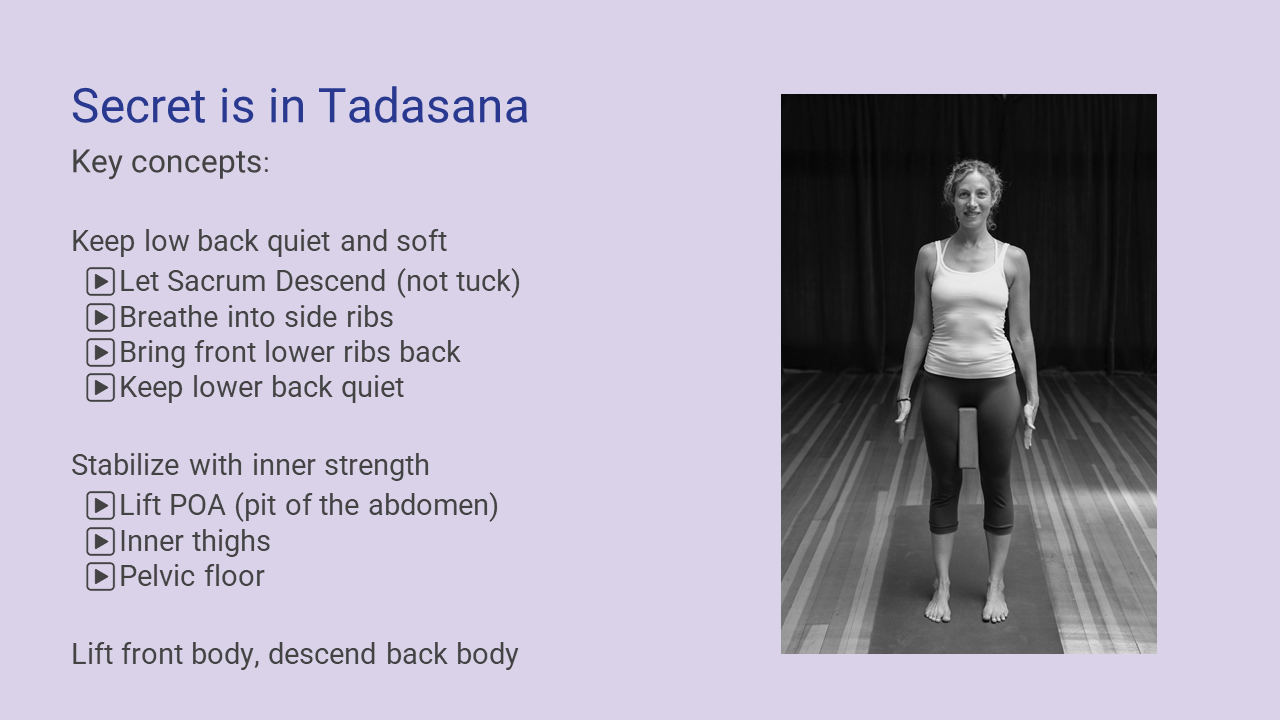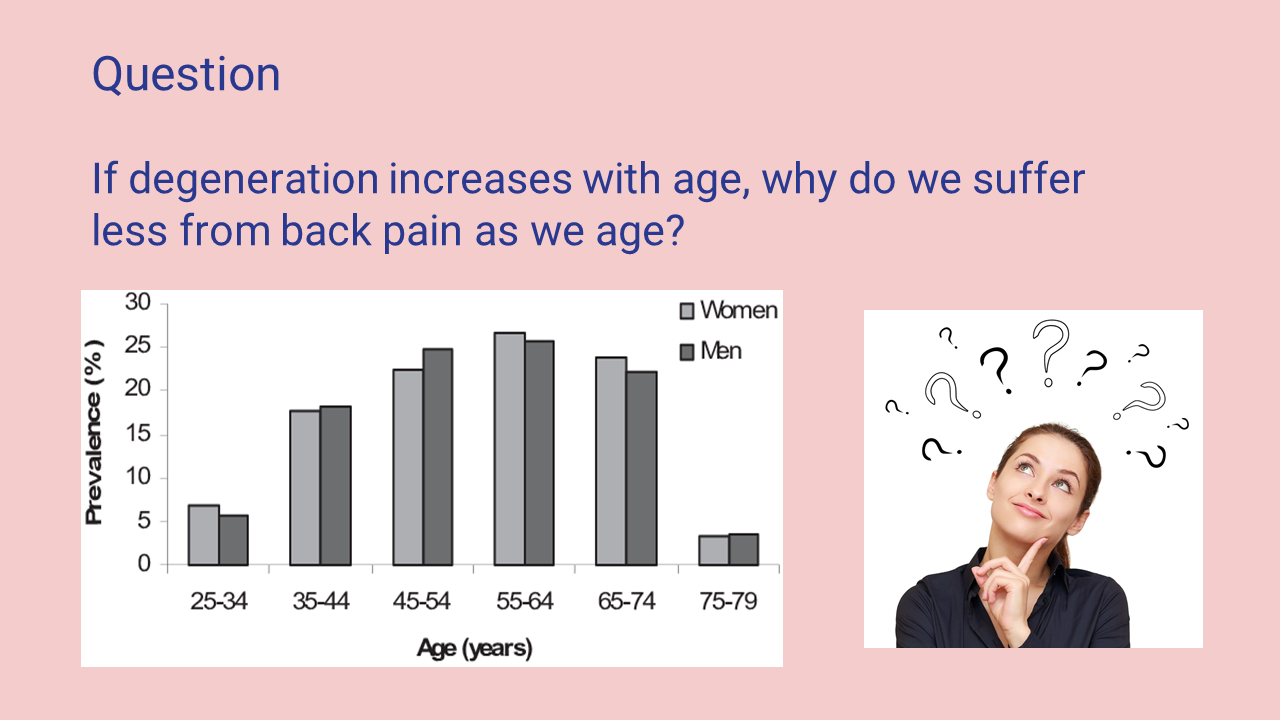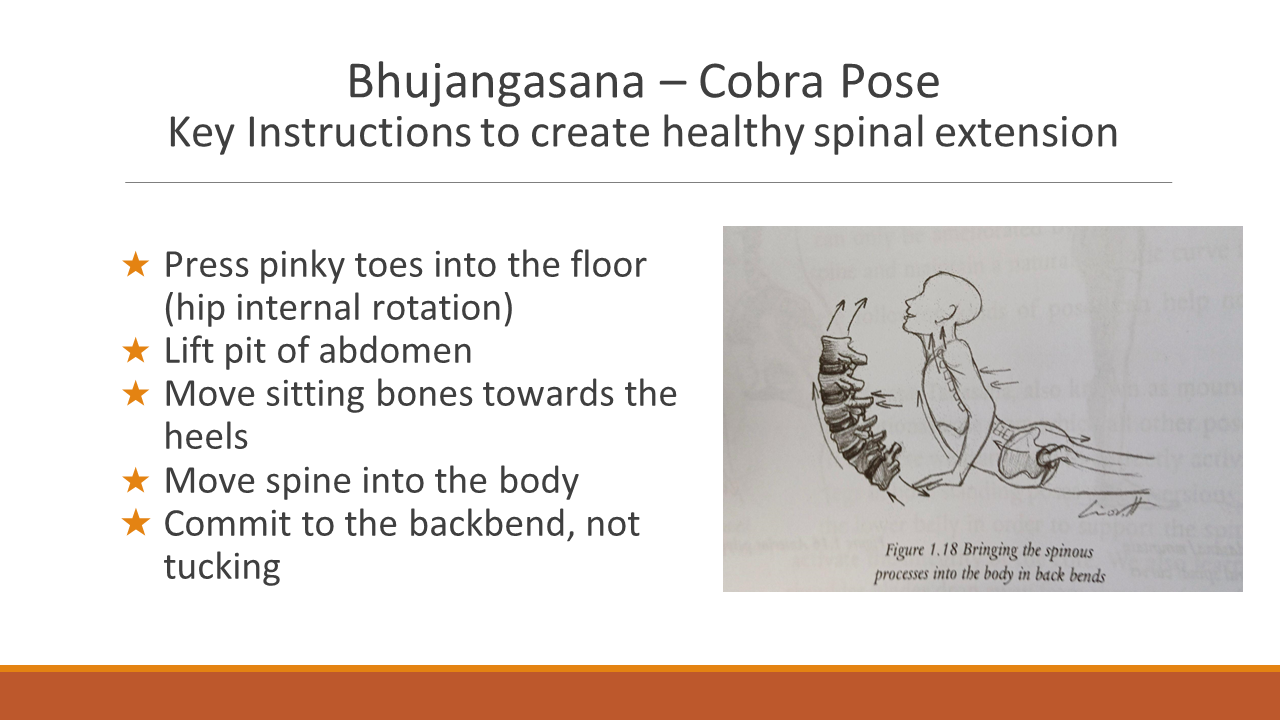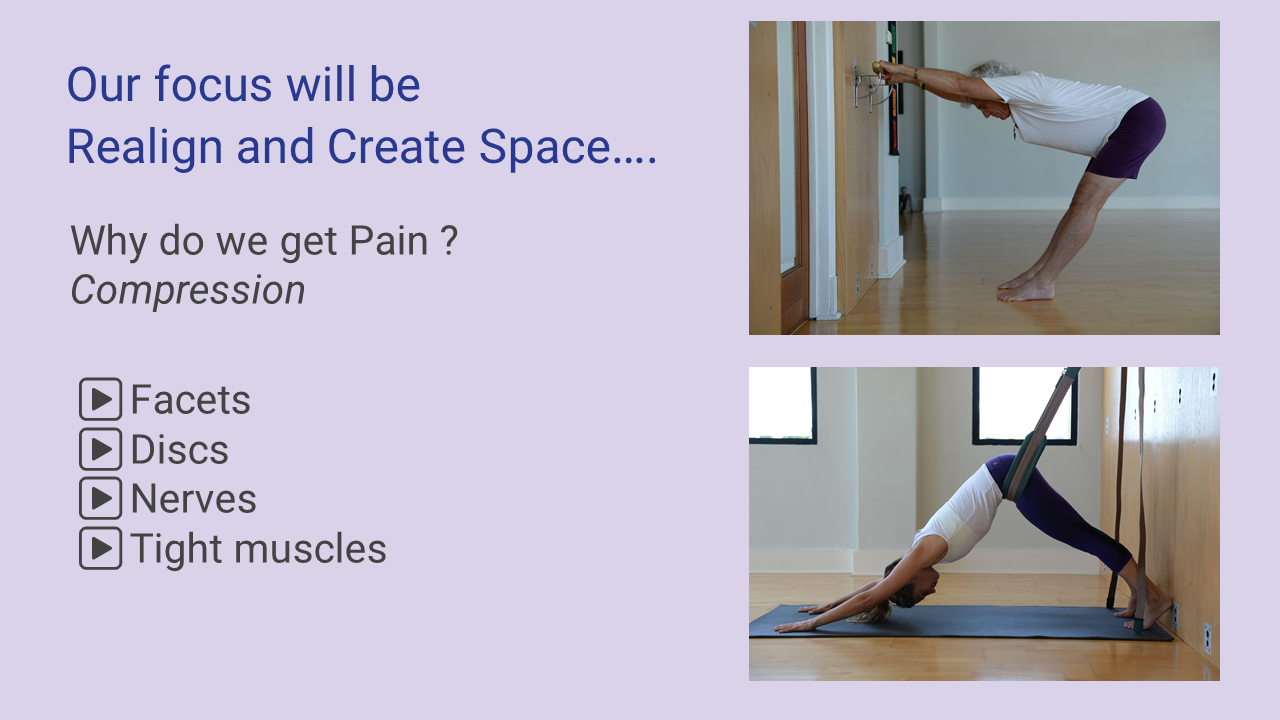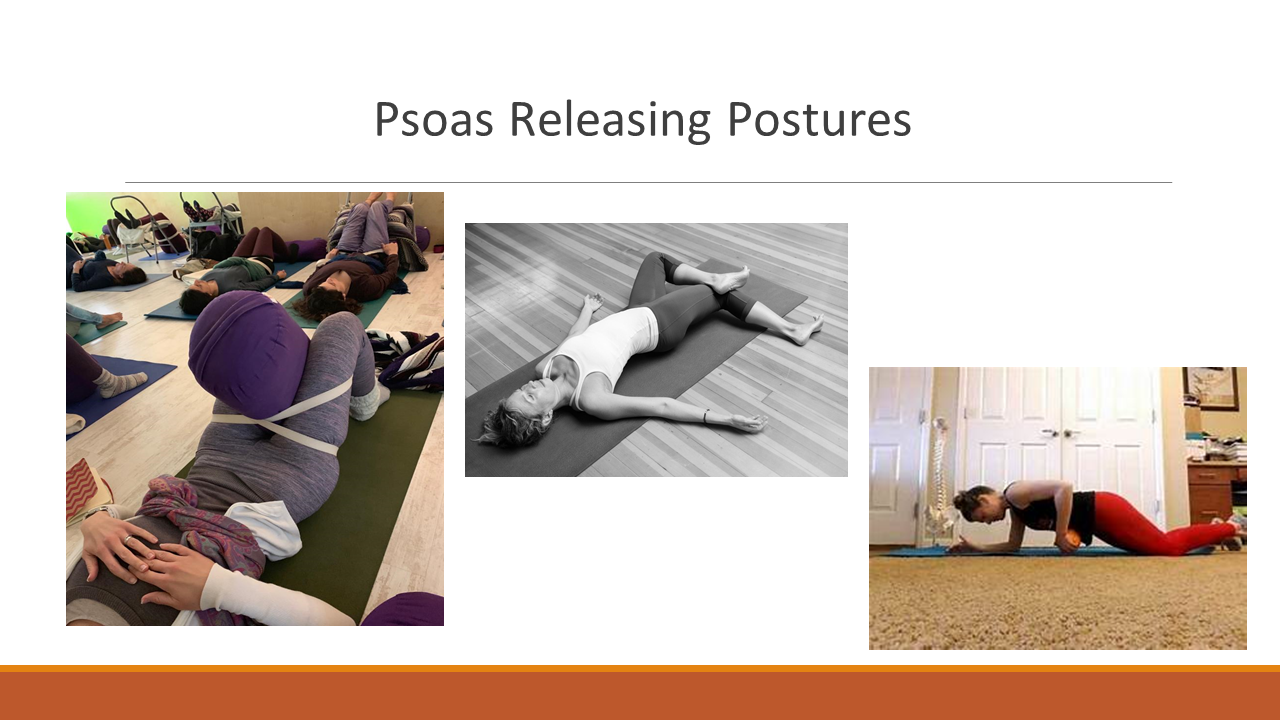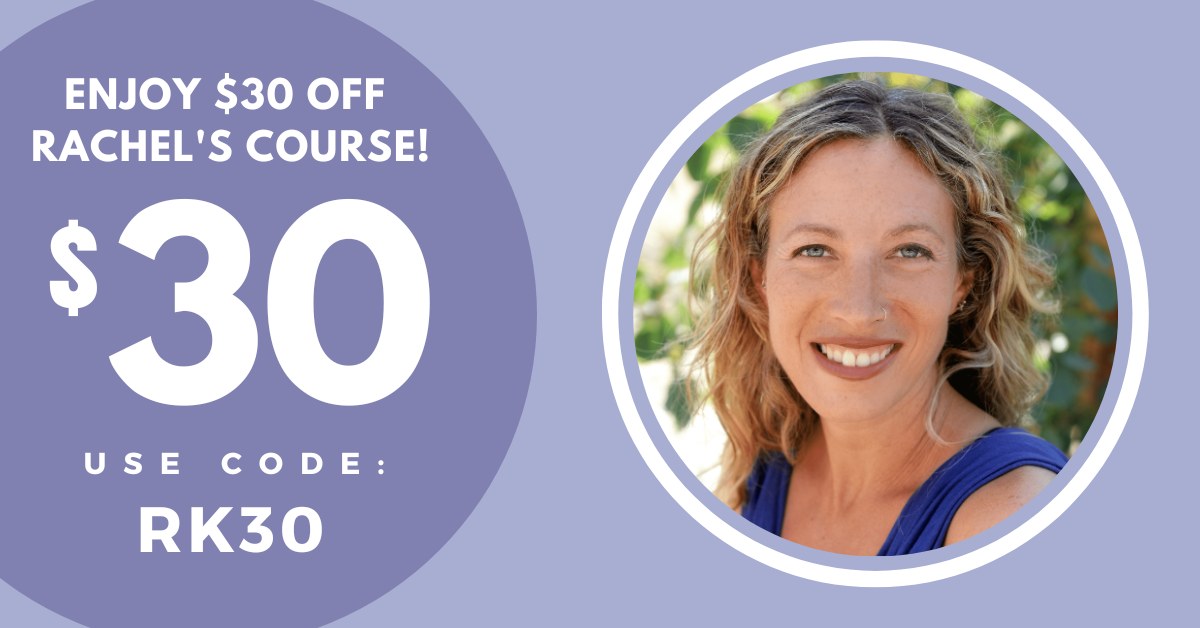Learn How to Curb a Leading Root Cause of Chronic Back Pain with Rachel Krentzman, PT, C-IAYT
Preventing Degenerative Disc Disease: How Yoga Can Help Enhance Mobility to Nourish Your Spine
with Rachel Krentzman
Session 1: Monday, July 22, 2024 - 8:00 pm Eastern / 5:00 pm Pacific
Session 2: Wednesday, July 24, 2024 - 8:00 pm Eastern / 5:00 pm Pacific
Live Q&A Session: Friday, July 26, 2024 - 1:00 pm Eastern / 10:00 am Pacific
Plus Yoga Practice Video
Catch Our $30 Early Bird Savings!
Use Coupon Code RK30 During Checkout
"The body is as young as the spine is flexible." ~ Ancient yogic saying
Did you know that by age 60, more than 9 out of 10 people will have some form of degeneration in the intervertebral discs?
Even at 35, disc degeneration affects one in three people. In fact, it is so common that it is considered a “normal” part of aging.
Disc degeneration does not necessarily cause pain. Until it does – and at that point, the “normal” disc degeneration is labeled “degenerative disc disease.”
The symptoms of degenerative disc disease are many. They include sharp and/or chronic pain in the back and neck, weakness or numbness in the arms and legs, nerve compression, and bone spurs.
As far as the medical system goes, there is no reason to pay attention to disc degeneration unless you develop problems.
But that is kind of like playing Russian Roulette with your body. If you’re lucky, maybe you will sail through life without any back pain issues – no matter how bad your discs are. And if you’re not lucky, well, then you risk becoming one of the people who enters a lifelong struggle with chronic back pain and nerve compression.
Can yoga help prevent degenerative disc disease? Indeed, research indicates that long-term yoga practitioners have significantly less degenerative disc disease than matched controls.
Researchers believe that the stretching and bending of the spine that occurs during yoga may enhance disc imbibition, i.e., the movement of nutrients and fluids into the vertebral discs, and hence decrease or slow age-related disc degeneration.
Muscle movement creates bibition, which is used to nourish structures that don’t have a defined blood supply.
How can yoga help foster greater fluidity in the spine and create space between the vertebrae? Join us for a course with yoga therapist and physical therapist Rachel Krentzman and learn how yoga can help relieve nerve compression and improve your overall posture. You will also understand what postures to avoid and how to modify movement to suit your needs.
Using Yoga to Create Space & Relieve Compression in the Spine
Yoga Sutra 2.46 states, “Sthira Sukham Asanam” – yoga asana should be steady and comfortable.
This well-known Yoga Sutra teaches us how to find balance in our asana practice, but it also holds the key to working with back pain. Some individuals come to yoga with tightness and inflexibility, while others present with hypermobility and a lack of joint stability.
Understanding this continuum of stability vs. flexibility and where you fit in holds the secret to working with lower back pain.
While yoga can help individuals with lower back pain, not all yoga is safe for those with degenerative changes in the spine. In fact, some individuals can experience back pain from a yoga practice that may not be suited to their body type or by performing the postures with improper alignment or lack of awareness.
This course will help you understand where movement occurs in the spine and how to avoid pain from compression, even if you have been diagnosed with arthritis or degenerative disc disease.
What You Will Learn:
- Explore in-depth anatomy of the vertebrae and surrounding structures
- Learn about a healthy range of motion in the spine and where to feel the mobility in your asana practice
- Understand why many people experience back pain and what you can do about it
- Experience a sense of alignment for your spine in various postures
- Study techniques and instructions to enhance imbibition in the spine, create length, and decrease spinal compression
- Practice a safe sequence to decrease back pain and discomfort in the lower back
Check Out These Video Excerpts from the Course:
What Exactly Is Degenerative Disc Disease?
The Different Conditions Linked to
Degenerative Disc Disease
How to Maintain Mobility of the Spine:
The Importance of the Spinal Joints
That Stages of Degenerative Disc Disease
The Degenerative Disc Disease Cascade I -
How Chronic Back Issues Originate
The Degenerative Disc Disease Cascade II -
How Chronic Back Issues Originate
Why Movement of the Spine Is So Vital to
Prevent Degenerative Disc Disease and Spinal Deterioration
Take a Preview of the Slides from the Course:
Check Out Our Early Bird Savings!
Register on or before Friday, July 26th and save $30 off the course! Simply enter coupon code: RK30 at checkout!
Only $127 $97 with discount
